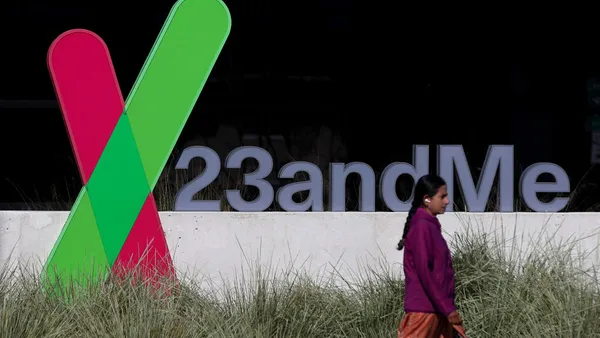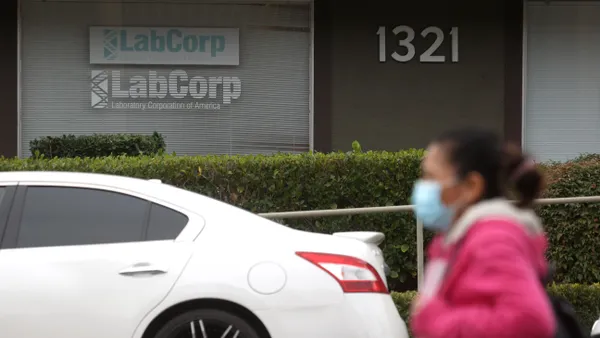Dive Brief:
- Senators have written to HHS seeking information about the government response to scams that offer Medicare beneficiaries genetic testing as a way to gain their personal data.
- The Monday letter, which was also sent to the U.S. Department of Justice, asks a series of questions about how the scam works and suggests changes that could improve detection and the role of testing labs.
- Sen. Bill Cassidy, R-La., and two colleagues are gathering the information to learn whether appropriate steps are being taken to protect seniors and the Medicare program from fraudsters.
Dive Insight:
Knowledge of the genetic testing scam has spread quickly in recent months. The Office of Inspector General laid out how the deception works in a fraud alert in June. The alert stated that "scammers are offering Medicare beneficiaries cheek swabs for genetic testing to obtain their Medicare information for identity theft or fraudulent billing purposes."
Since then, the Federal Trade Commission has published a blog post in response to reports that some scammers are calling members of the public and pretending to be from Medicare. The scammers offer a free DNA test and, as part of the process, gather information such as Medicare and Social Security numbers. USA Today further increased awareness of the scam by publishing an article on the topic late last month.
The flurry of reports caught the attention of Cassidy and fellow Sens. Sheldon Whitehouse, D-R.I., and Margaret Wood Hassan, D-N.H., leading them to send a letter to HHS Secretary Alex Azar and U.S. Attorney General William Barr.
In the letter, the senators ask a series of questions, including a basic query about HHS' level of awareness of the genetic testing scam, and more detailed inquiries about the agency's response to the fraudulent activity.
One specific question of interest to the senators is how fraudsters are successfully ordering tests given that Medicare only covers services deemed medically reasonable and necessary by a physician. The question reflects concerns that Medicare is unnecessarily paying for tests that typically cost $6,000 to $9,000. OIG's fraud alert raises the prospect that Medicare may be detecting and rejecting some bogus claims, noting that there is a risk that beneficiaries may need to cover the cost of tests.
The letter suggests fraudulent orders may only be detected during post-claims auditing.












